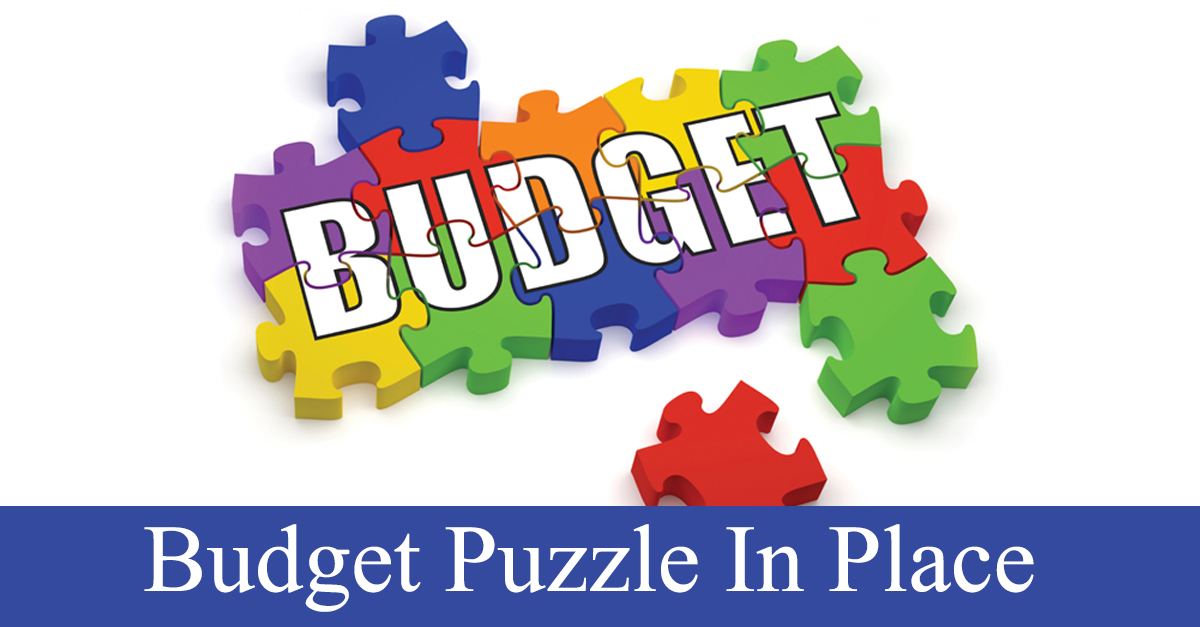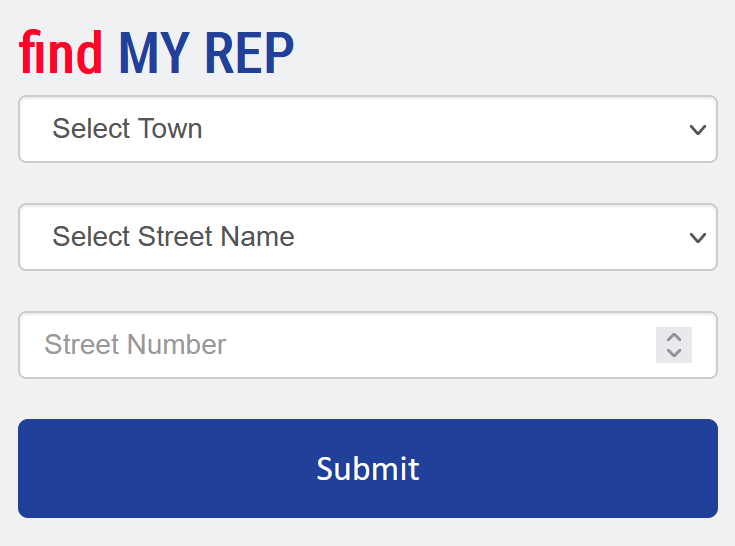Investing in Connecticut's Future

House Democratic leaders released a revised two-year proposed state budget proposal that would use a small uptick in the sales tax to significantly reduce the impact of the governor’s recommended cuts in education aid to cities and towns.
The proposal also incorporates a number of recommendations from each of the other three legislative caucuses including requiring votes on union contracts and a new “Passport to Parks” program. Suggestions from municipalities such as changes to collective bargaining statutes to facilitate regionalism efforts, and the ability to raise revenue outside local property taxes are also part of the overall package.
“This is an honest, balanced proposal that reflects the many and diverse priorities of the families and businesses of our state, and with continued good faith negotiations by all parties will help us cross the finish line in the next few weeks,” Speaker of the House Joe Aresimowicz (D-Berlin/Southington) said. “No one thinks the governor’s executive order is an acceptable option, so everyone bears the responsibility to get a sustainable budget in place, and this proposal provides a solid basis to move us forward.”
“The thing we have heard loud and clear from our caucus and our constituents is that one of Connecticut’s greatest assets is our public schools and the quality of education our students receive. Although raising revenue is always a last resort, it is a necessary step to ensure that we continue to have a great education system that attracts so many young families to our state. Our goal is not to simply protect our school systems, it’s to make them even stronger in every town across the state. I look forward to further discussions with the governor and all four caucuses on this proposal,” said House Majority Leader Matt Ritter (D-Hartford).
A comprehensive program to support homeowners with crumbling foundations in eastern Connecticut, as well as a cap on bonding to reduce long term debt are also part of the House Democrats budget plan, and have support in all caucuses.
The updated budget has been presented to all four legislative caucuses and the governor as a basis for further negotiations, leading to a House vote during the week of September 11.
LOCAL GOVERNMENT BUDGET REFORM
- Provides towns with additional revenue options, such as a 1% local restaurant sales tax and the ability to raise certain local fees
- Creates state oversight of finances and economic development for towns that are in fiscal distress
- Requires Councils of Government and municipalities to work together to propose plans for regionalizing services
- Facilitates regionalism through changes to collective bargaining statutes
- Consolidates local assessor offices to achieve economies of scale
TAX REFORM
- No new taxes on hospitals
- Reduces tax expenditures and credits by $36M in FY19
- Increases sales tax to 6.85% to help maintain funding for cities and towns
- Phases out state income taxes on Social Security in FY20
- Provides a tax incentive for STEM graduates to stay in Connecticut in FY20
- Lowers the lifetime cap on gift and estate taxes in FY20
LIVEABLE COMMUNITIES
- Creates a new “Transportation Authority” to assess the economic impact, coordinate, and expedite transportation project
- Allows municipalities to create “urban development districts,” including a 0% Corporate Tax rate incentive for new and expanding businesses
- Develops and capitalizes a new municipal economic development agency to support our urban areas
WORKFORCE DEVELOPMENT
- Supports the new, business-oriented workforce-development board created under HB 5590
- Funds a manufacturing pipeline in Eastern Connecticut
- Funds workforce programs with DOL
- Funds the technical high schools
THE CONNECTICUT EXPERIENCE
- Sets-up a dedicated revenue stream for tourism funding
- Creates the “Passport to Parks” program to our parks open and to fund maintenance
STEAMLINING GOVERNMENT & STRUCTURAL CHANGE
- Reforms state contracting using a “Results-First” system
- Requires state agencies and municipalities to consolidate offices and create “one-stop” government centers in FY 19, co-locating state and municipal services to the extent possible
- Reduces layers of management in state agencies
- Funds the Contracting Standards Board to ensure transparency in state procurement
- Reforms state employees’ workers compensation program, resulting in better care and savings
- Creates a commission to examine our education funding system and the special education co-op proposal
- Eliminates Legislative Committees
- Modifies the Citizens Election Program to require more skin-in-the-game on the part of the candidate
- Requires votes on state employee union contracts
- Implements a cap on all bond projects that do not support our education system or stimulate economic growth
- Incorporates a process of moving towards “Priority-Based Budgeting” to keep future Governors and legislators focused on funding the core missions of state government
- Includes the proposed “Volatility Cap” to move additional resources towards paying down debt and growing the Rainy Day Fund
- Establishes an “Expenditure Cap”, so that we discount Consensus Revenue in the future, to build in a bigger surplus into our budget
SUPPORTING HOMEOWNERS, RENTERS AND FIRST RESPONDERS
- Establishes a comprehensive program to support homeowners with crumbling foundations, and puts in place a structure to avoid future foundation problems
- Fast-tracks efforts to clean up residences with lead paint
- Supports efforts to stabilize and repair sinking homes
- Supports firefighters who have job-related cancers
- Takes care of our police officers who suffer from PTSD
PROTECTING CONSUMERS
- Regulates online “Daily Fantasy” sports
- Licenses Urgent Care Centers so we can provide support to and better regulate this growing industry that provides an important health care services






